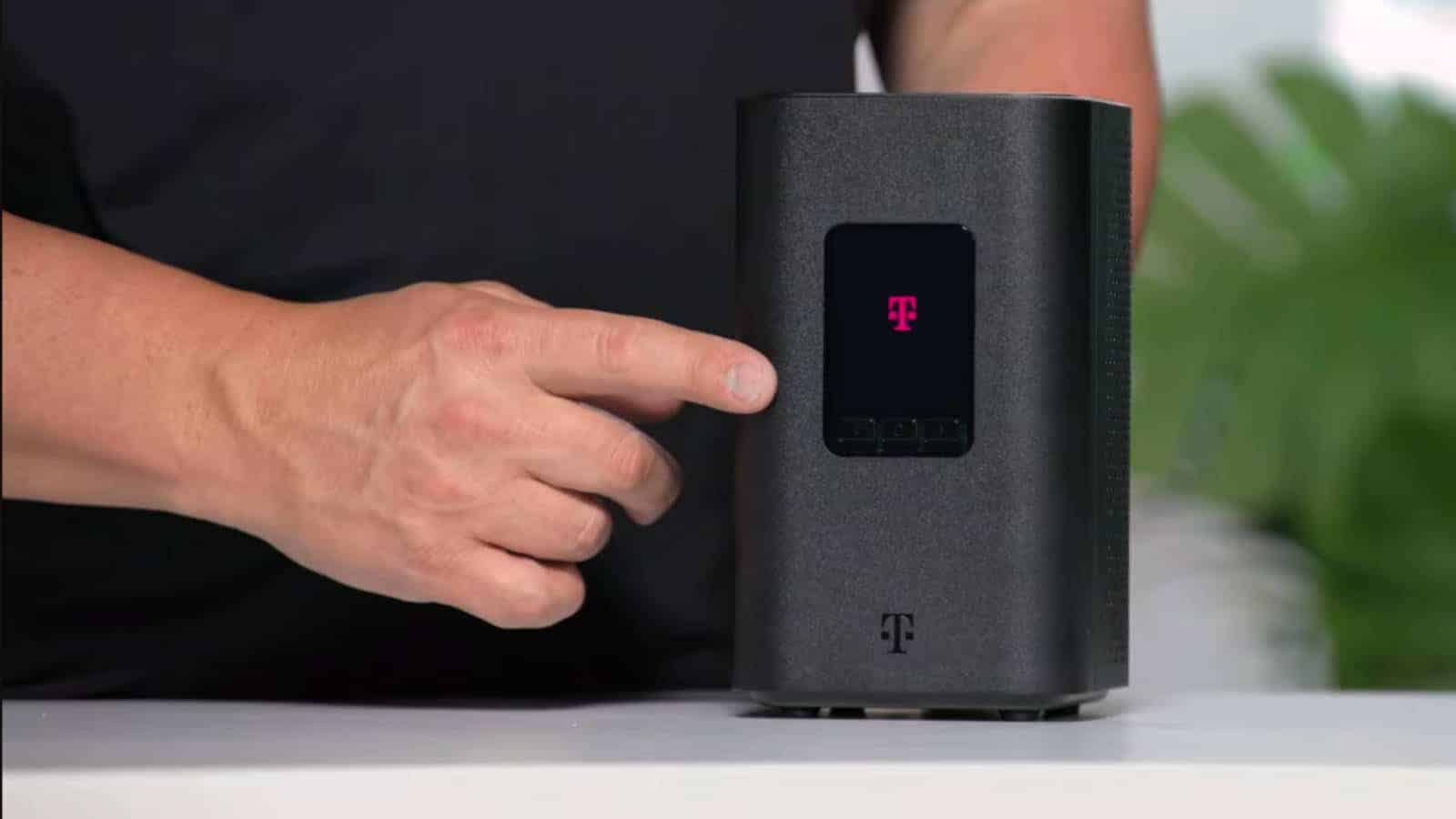Internet
How T-Mobile’s Home Internet data cap stacks up against other ISPs
T-Mobile joins Comcast and AT&T in implementing soft data caps on home internet plans, slowing speeds after a usage threshold.

Just a heads up, if you buy something through our links, we may get a small share of the sale. It’s one of the ways we keep the lights on here. Click here for more.
Quick Answer: T-Mobile’s Home Internet soft data cap aligns with similar approaches from competitors like Verizon and Spectrum, offering unlimited data with reduced speeds after reaching a usage threshold, while Comcast and AT&T enforce traditional data allowances which may result in overage fees or speed throttling when exceeded.
T-Mobile recently introduced a new soft data cap to customers on its Home Internet plan that intentionally slows down internet speeds after hitting a certain threshold of data usage.
T-Mobile is not the only broadband company implementing soft data caps to ensure network stability during congestion.
Comcast, which offers land-based broadband service under the Xfinity Internet plan, started rolling out data caps on its Internet service several years ago. It limits customers to 1.2 TB of use in a billing cycle before charging an overage fee based on any use beyond that cap.
Comcast’s data cap differs in two ways: The company doesn’t reduce connection speeds once a customer exceeds the 1.2 TB limit, and Comcast offers customers a way to eliminate the data cap from their plan.
To remove the data cap, Comcast customers can sign up for XFi Complete, which costs $25 per month and includes Xfinity Internet equipment, or customers can pay $30 per month if they prefer to use their own equipment.
AT&T also implements data “allowances” across certain service plans, with the cap ranging from a paltry 150 GB per month for customers on slower services like DSL (“AT&T High Speed Internet”) to 1.5 TBs per month for customers on lower-cost AT&T Internet plans.
Customers are charged if they exceed their data allotment during a billing cycle. Depending on their service and usage, costs range from $10 to $200 per month.
AT&T Internet Air, AT&T Fiber Internet, and certain AT&T customers who bundle Internet and other products like DirecTV aren’t subject to hard data caps as of April 2024, though AT&T may change this.
Verizon competes with AT&T and T-Mobile in offering a fixed wireless home Internet service, but unlike AT&T and T-Mobile, Verizon does not implement a hard or soft data cap. “Any device connected to your network enjoys unlimited data usage when using Wi-Fi,” Verizon says.
Charter, which offers service under the Spectrum brand, does not implement data caps on its home Internet service.
The FCC barred Charter from implementing data caps as part of its 2016 merger with Time Warner Cable; while the prohibition ended last year, executives say there are no current plans to roll out data caps on Spectrum Internet.
| Company | Data Cap Policy |
|---|---|
| T-Mobile | Introduced soft data caps for Home Internet plan; slows down speeds after reaching a certain usage threshold. |
| Comcast (Xfinity) | Implemented hard data caps at 1.2 TB in most areas; offers XFi Complete for an unlimited option without speed throttling. |
| AT&T | Different plans have varied allowances from 150 GB to 1.5 TBs per month; charges apply beyond these limits except for specific services like AT&T Fiber Internet which has no hard cap currently. |
| Verizon | Does not implement any hard or soft data caps for its fixed wireless home Internet service—provides truly unlimited Wi-Fi usage. |
| Charter (Spectrum) | No current plans to implement data caps due to FCC regulations imposed during their merger period despite it having ended last year. |
As you can see, T-Mobile isn’t the first nor the last ISP to introduce a soft data cap.
T-Mobile’s soft data cap is similar to that of many of its competitors. Like Verizon and Spectrum, it avoids strict limits, offering unlimited data with reduced speeds after a threshold.
Comcast and AT&T impose more traditional data allowances, which can lead to overage fees or slowed speeds if exceeded.
The best choice depends on your data usage habits: Heavy users may prefer the freedom of Verizon or Spectrum’s unlimited plans.
In contrast, those with lower usage might be satisfied with T-Mobile’s approach or the standard offerings from Comcast and AT&T.
Do you have any thoughts on this? Please leave a comment below or take the discussion to Twitter or Facebook.
Editors’ Recommendations:
- AT&T will literally give you money to sign up for its internet service
- Does antivirus software slow down internet speed?
- What is a good internet speed?
- Starlink’s internet speeds are dropping as more people join the service
Just a heads up, if you buy something through our links, we may get a small share of the sale. It’s one of the ways we keep the lights on here. Click here for more.































